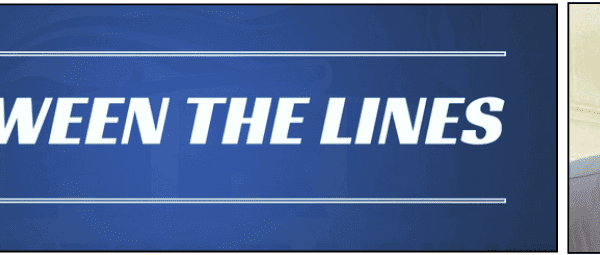Another take: Suspension of horses in PA is unfair to owners
by Brett Sturman
When Pennsylvania announced earlier this month that it would begin suspending horses that show Class 1, 2, or 3 positives or high TC02 readings, (full story here) the announcement was met with almost universal praise throughout the industry.
The consensus was that this is a great rule. Finally, a way to address the cheaters in the sport and make them pay.
As HRU editor Dave Briggs noted last week (full story here), the rule isn’t perfect. But Briggs — like most others in the industry — feel that overall the rule does more good than harm, especially in a state that has a reputation of being a safe haven for suspect trainers. That’s all fair enough.
But by extension of suspending the horse, owners in a sense become suspended as well. Is it fair that an owner be penalized from a positive test for one of his horses?
An owner could be hundreds of miles away from the day to day operations of a stable and even if an owner were more local, in almost all cases, the owner is not hands on with their horses. The owner is totally dependent on the experience and expertise of a trainer for all aspects of properly managing their horses, and this includes entrusting a trainer to use only allowed types of medications to their horses.
To be clear, if owners are in any way complicit with illegal activity then by all means they should be punished to the fullest extent possible.
In a separate, but related, thoroughbred case, just last month a federal circuit court judge in Kentucky ruled that the absolute-insurer rule as it stands today is not constitutional. That rule essentially makes trainers guilty by default if an illegal substance winds up in a horse for which they are the trainer, even if they were not directly responsible for it.
The question for me becomes, if the courts rule that the absolute insurer rule is unconstitutional for trainers, how could the recently adopted PA rule – which by extension holds owners accountable – be any more constitutional?
Under this rule, it will be the small owners that suffer the most. An owner with 25 horses can afford to have a single horse not racing for a couple months and still pay the bills, but how is an owner with only two or three horses able to keep going when horses aren’t racing and bills are still coming in? A small owner may be willing to take a risk normally as this scenario could easily occur if a horse is injured, but this adds an entirely new layer that an owner must consider and if he wants to take that risk.
Those in favor of the rule state that it will make owners think more carefully in which trainers they select. Similarly, Brett Revington, Bureau Director of Racing for PA Department of Agriculture, recently told HRU that the rule is intended to have horse owners be “a little more mindful, diligent and selective about who they are choosing to train their horses.”
It may very well just be me, but I don’t understand this part of the argument. Is it no longer enough that a trainer be licensed and in good standing, in order for an owner to use their services? If there are licensed trainers that regulatory agencies feel may present issues for an owner, should a list be provided as to who the preferred and not preferred trainers are?
I know what you’re thinking towards me. C’mon Brett, everyone knows who the trainers are that should be avoided.
Well, I don’t agree with that.
Who determines which trainers should be avoided? Currently, three of the top 10 earning trainers in the country are persona non-grata at tracks owned by Jeff Gural. That list expands vastly if we look at the top trainers at Chester, Pocono and Yonkers. Is this a hard and fast model that all owners should follow? How is an owner to choose?
Further, doesn’t it always seem that it’s the smaller trainers that get caught more often than the .400 batting super trainers? This is a small sample size, but I looked up the trainers for all seven horses that currently appear on the Standardbred Canada suspended horse list as of 9/14/17, and I’m not familiar with any of them. Even if an owner were to select a smaller (and probably less-successful) trainer, there still is no guarantee any of their horses won’t turn up with a positive at some point.
What my real issue is with the rule is that I consider it a cop-out. Beard trainers and shadow trainers continue to run amok and since racing could never find a way to properly deal with that issue (despite it being far from a secret who some of the beards are), it was determined this rule was the next best thing. Under the new rule, beard trainers will continue to operate as they always have, so what problem is really being solved?
The trainers will be penalized, too, for the drug offenses, but that’s no different than what has long been the case. The trainers will go on doing whatever it is they do when they are supposedly suspended, but the owners will be the ones stuck with the fallout.
Through no fault of their own.
















